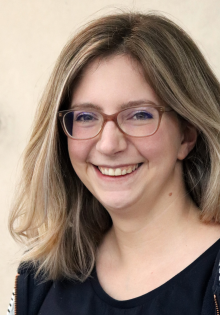Studying with disabilities: what does it mean?
In the study "Beeinträchtigt studieren 2" (Study with Impairment 2) conducted by the German Student Services (2016/17), around 21,000 students with impairments from more than 150 universities answered questions about their study situation for the second time since 2011.







